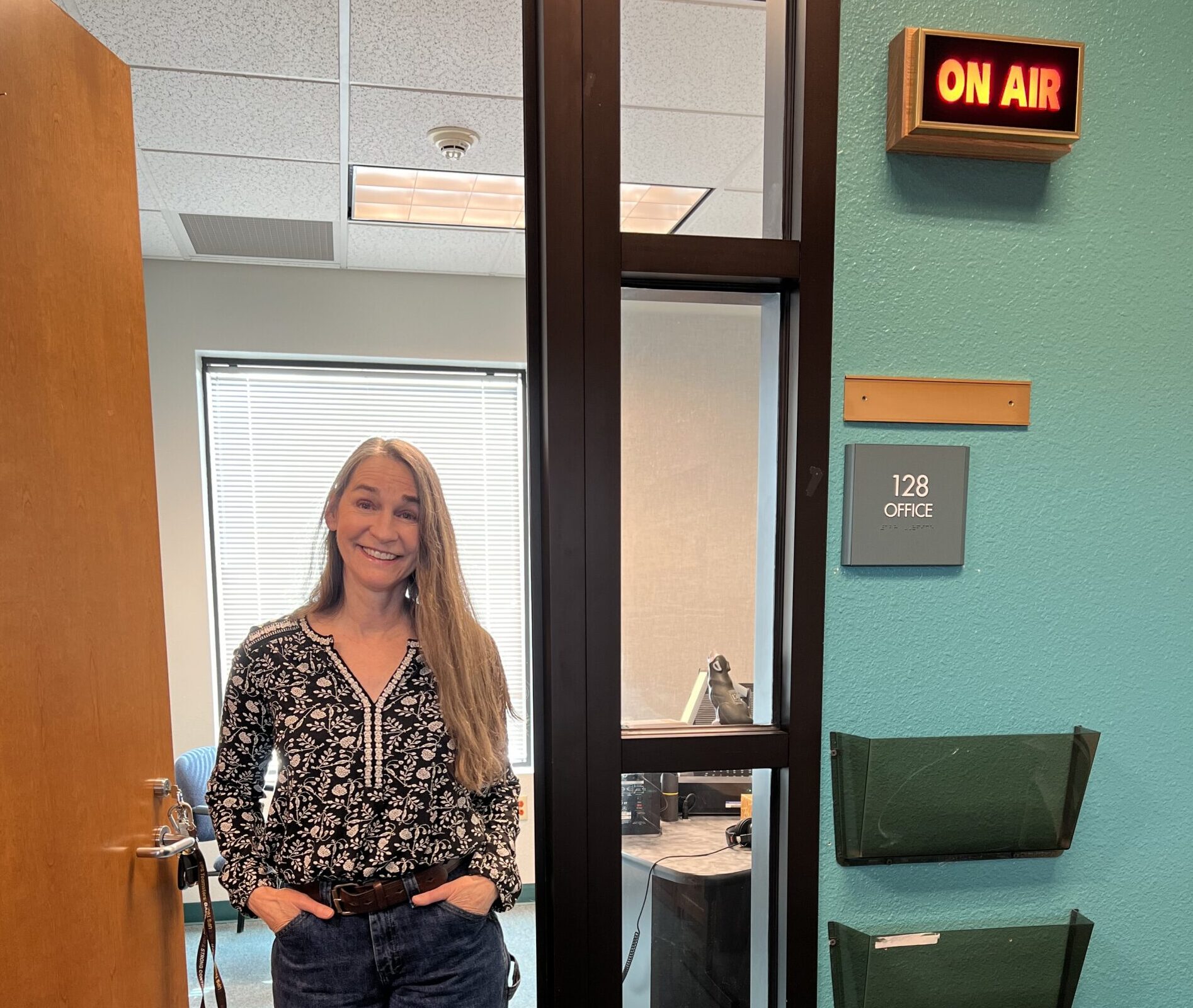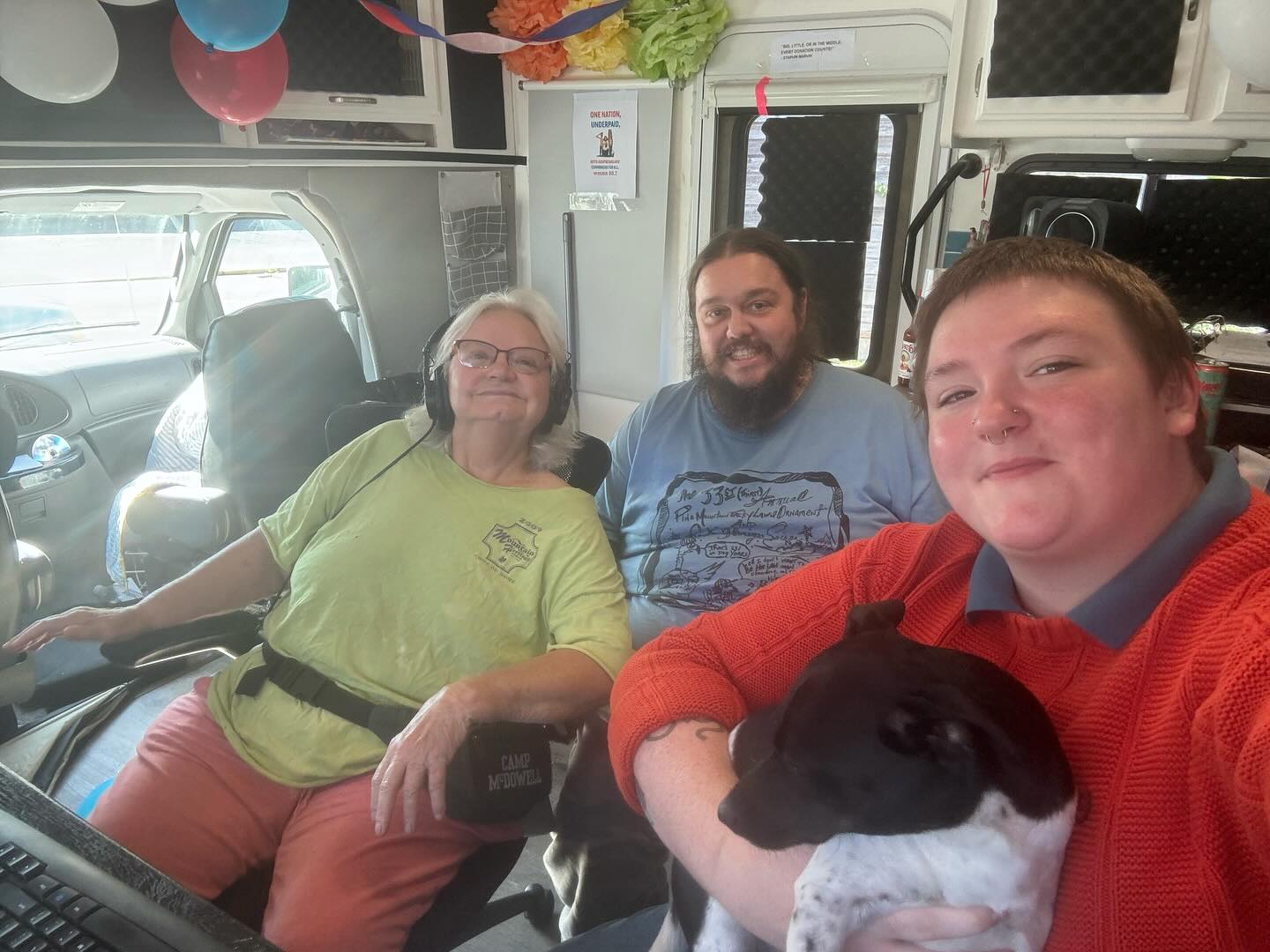
After catastrophic flooding hit eastern Kentucky in 2022, Possum Radio kept local voices alive from an unorthodox but cozy studio
On a quiet stretch of road in Whitesburg, Kentucky, a 2006 Winnebago named the ‘Possum Den’ hums gently. This isn’t just any old RV — it’s a studio on wheels, a treasured local resource, and an unexpected beacon of the connection local communities have with public radio.
This modest vehicle has served as the broadcasting home for WMMT, a beloved community radio station, ever since devastating floods submerged its original studio in six feet of water in July 2022.
“It was heartbreaking to have to go dark,” says Teddy Wimer, General Manager of WMMT, reflecting on the month-long silence after the catastrophic flooding that devastated Appalshop, the community arts organization housing the station. “We heard from a lot of listeners — that was just a very hard thing for so many to have to go through.”
The station emerged from its post-flood silence thanks to profound community generosity and sheer determination. The station received emergency funding from the Corporation for Public Broadcasting (CPB), but it was a critical grant from the Educational Foundation of America that gave WMMT the money to purchase the Winnebago.
“We had somebody from eastern Tennessee sell it to us at a discount because he believed in what we were doing,” says Wimer. “So we brought that bad boy home, and we made it the ‘Possum Den.’” The station’s newfound portability has helped in other emergencies, such as the state’s floods in February 2025. It can pack up and drive to safer locations.
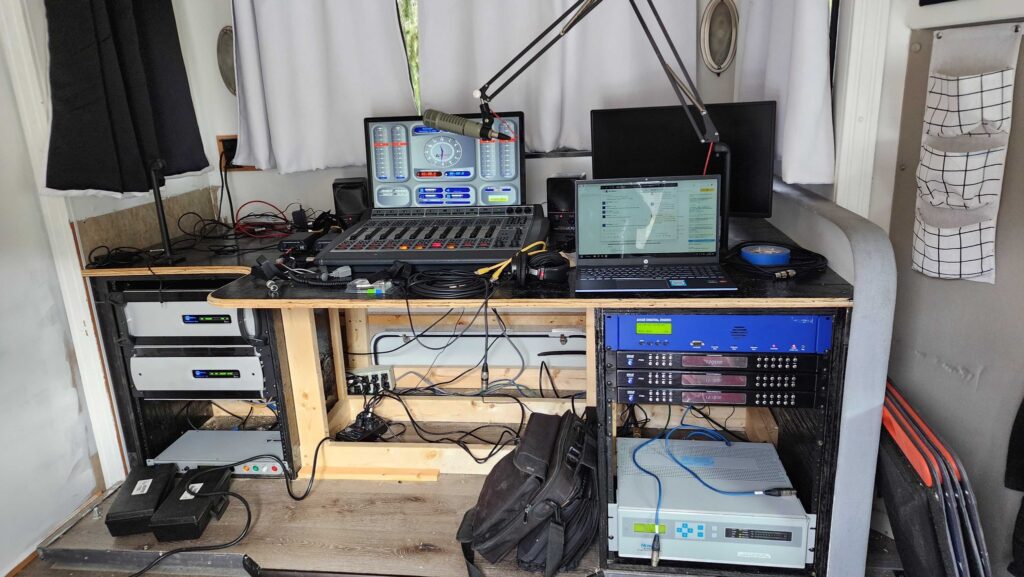
Founded in 1985, WMMT quickly became a cornerstone of cultural life in eastern Kentucky. Rooted in Appalachian music traditions, WMMT still proudly embraced an eclectic array of other tastes and community voices. Appalshop, established even earlier in 1969, has always provided an essential community and artistic anchor. Its relationship with WMMT reflects a longstanding collaboration in storytelling and cultural preservation.
Hamilton speaks with reverence of the community network fostered through events like ‘Ska, Punk, and Other Junk,’ a program organized by Appalshop’s Youth Board. “We used to have this humongous network of just weirdo hillbillies that liked heavy music,” Hamilton says. “That all spawned out of WMMT and Appalshop in a way.”
This story of WMMT and its resilience is also the story of its people. Jared Hamilton, WMMT’s Programming and Artistic Director, grew up in eastern Kentucky and was introduced to Appalshop and WMMT through punk music events organized by local youth. Hamilton later worked as a freelance photographer with the organization’s reporters and recalls how the station’s eclectic mix of traditional Appalachian music, punk, and underground rock became “the perfect soundtrack for driving around out here in the mountains.”
Wimer emphasizes the station’s openness extends to its wide-reaching programming approach as well: “It’s just as important that we make space for all of these little weird pockets of people who live out here.” Hamilton emphasizes that philosophy, highlighting that while traditional Appalachian music remains central, the station embraces the varied passions of its DJs — as long as they find their audience. “If somebody wanted to do K-pop, they could do K-pop,” says Hamilton.
A centerpiece of WMMT’s profound connection with the community is its long-running “Calls from Home” show as part of its Restorative Radio initiative. This innovative program, originally founded by Virgil Prinkleton, a WMMT DJ who went by “VIP,” provides incarcerated individuals, many transported from distant states to Central Appalachia, a vital lifeline through music and messages from loved ones.
“Central Appalachia is one of the most densely incarcerated areas in the world,” explains Wimer, a topic further explored in a documentary about the show. “[VIP] had this amazing thought when someone called wanting to leave a shout-out for their loved one who was incarcerated. That was kind of the birth of ‘Calls from Home.’”
The show, which airs every Monday night, allows listeners to call in and leave messages for family and friends in nearby correctional facilities. These heartfelt voicemails, interspersed with music, form a powerful tapestry of community connection. “It’s such a powerful program,” says Wimer. “It really brought me to WMMT, realizing the practical applications of community media and how it actually connects people.”
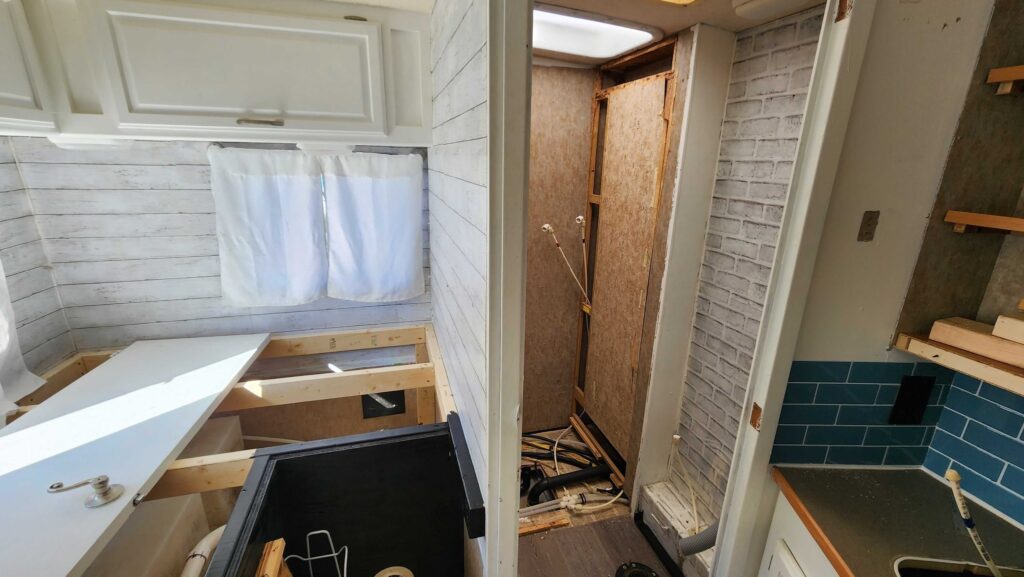
But resilience doesn’t come easy. “As cool as it is to broadcast from an RV,” says Wimer, “I don’t think we were ever expecting to be broadcasting from it for two and a half years.”
They’ve found ways to make it work, even going so far as fitting in a five-person band’s session in the Possum Den. For the team at WMMT, the challenge has only deepened the bond between them and its community, with DJs volunteering consistently despite less-than-ideal conditions. “Our DJs’ resolve and caring has made our community pay attention,” Wimer emphasizes while sharing that. “It’s a testament to their love for the station.”
Looking ahead, WMMT and Appalshop are starting to transition from the Possum Den to a newly outfitted studio. The new studio space itself symbolizes hope and revival. “We’ve got about 600 square feet, three different rooms for our DJs — a broadcast room, a production room, and a listening library,” says Wimer.
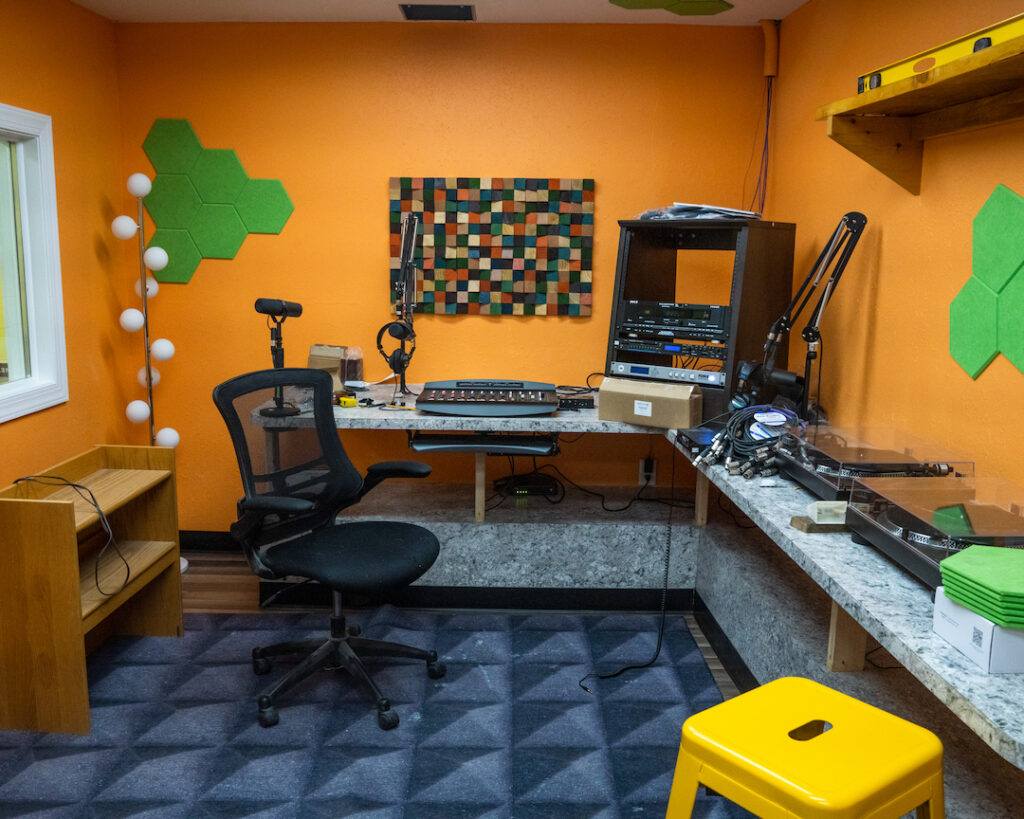
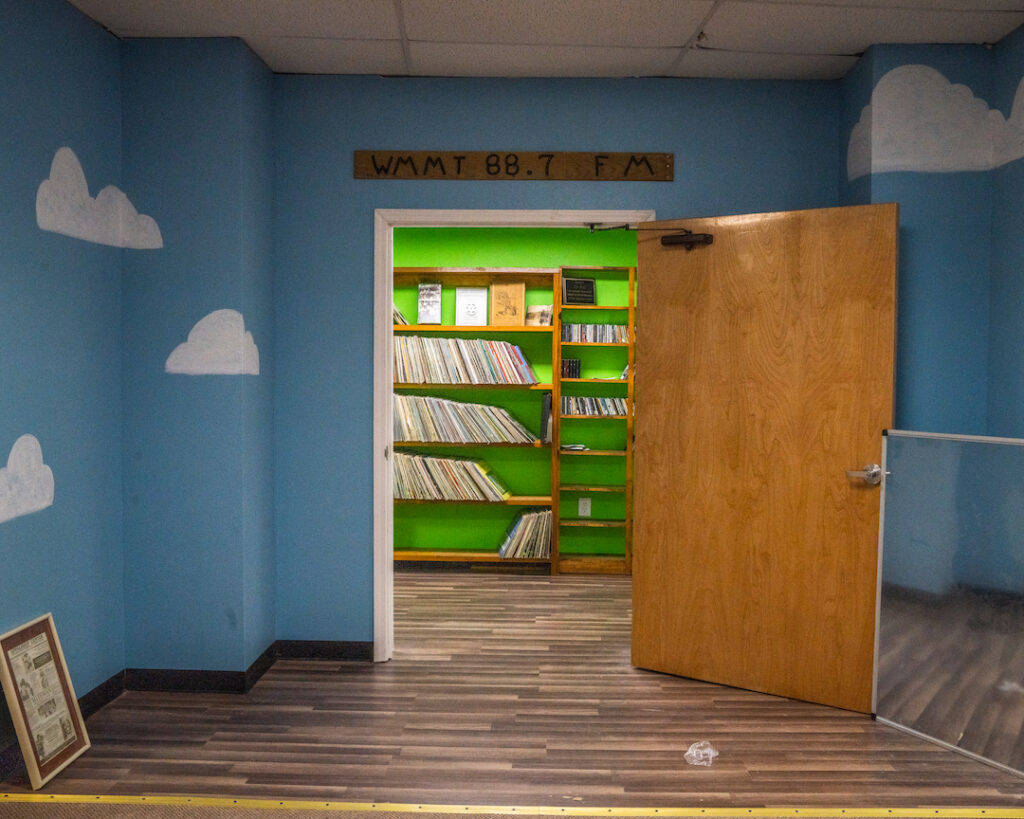
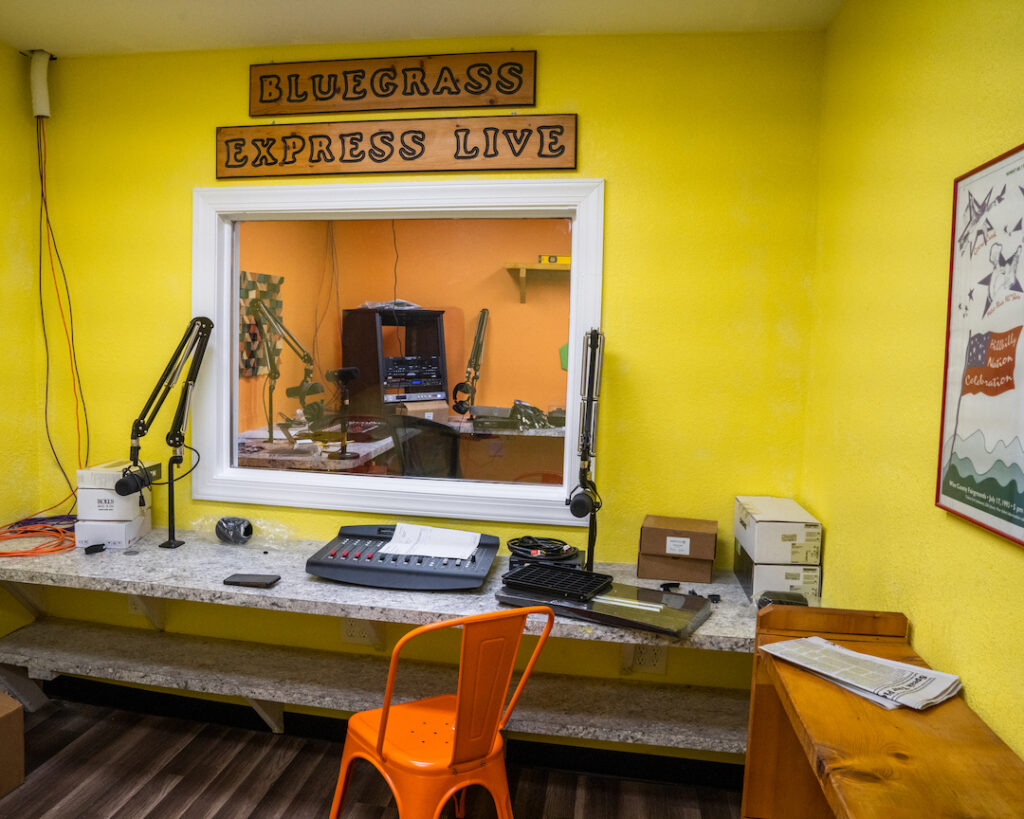
The renovated space integrates historical elements, including shelving recovered from Appalshop’s original building, which will house vinyl and CDs rediscovered after years of storage. “It looks really modern and playful, yet also nods to our history,” Wimer notes. “In our work, it’s about finding a way to make the future meet the past.”
For both Wimer and Hamilton, the excitement is palpable because they see what is in store for the station and community next. Hamilton describes the joy of “walking into the new freshly painted studio and thinking about the future.” Wimer echoes this optimism as she looks to what’s to come, “This is what WMMT is. It’s not letting a flood keep us down. It’s, by some force of nature, still finding a way to be here, to be present.”
Other Stories
noncomMUSIC Alliance: Live from Knoxville, WDVX’s ‘Blue Plate Special’ Is Appalachia’s Soundtrack

Alliance of Rural Public Media Sends Letter to Congress in Support of Public Media Funding

Inside Maine Public’s Mission to Connect Every Corner of the State
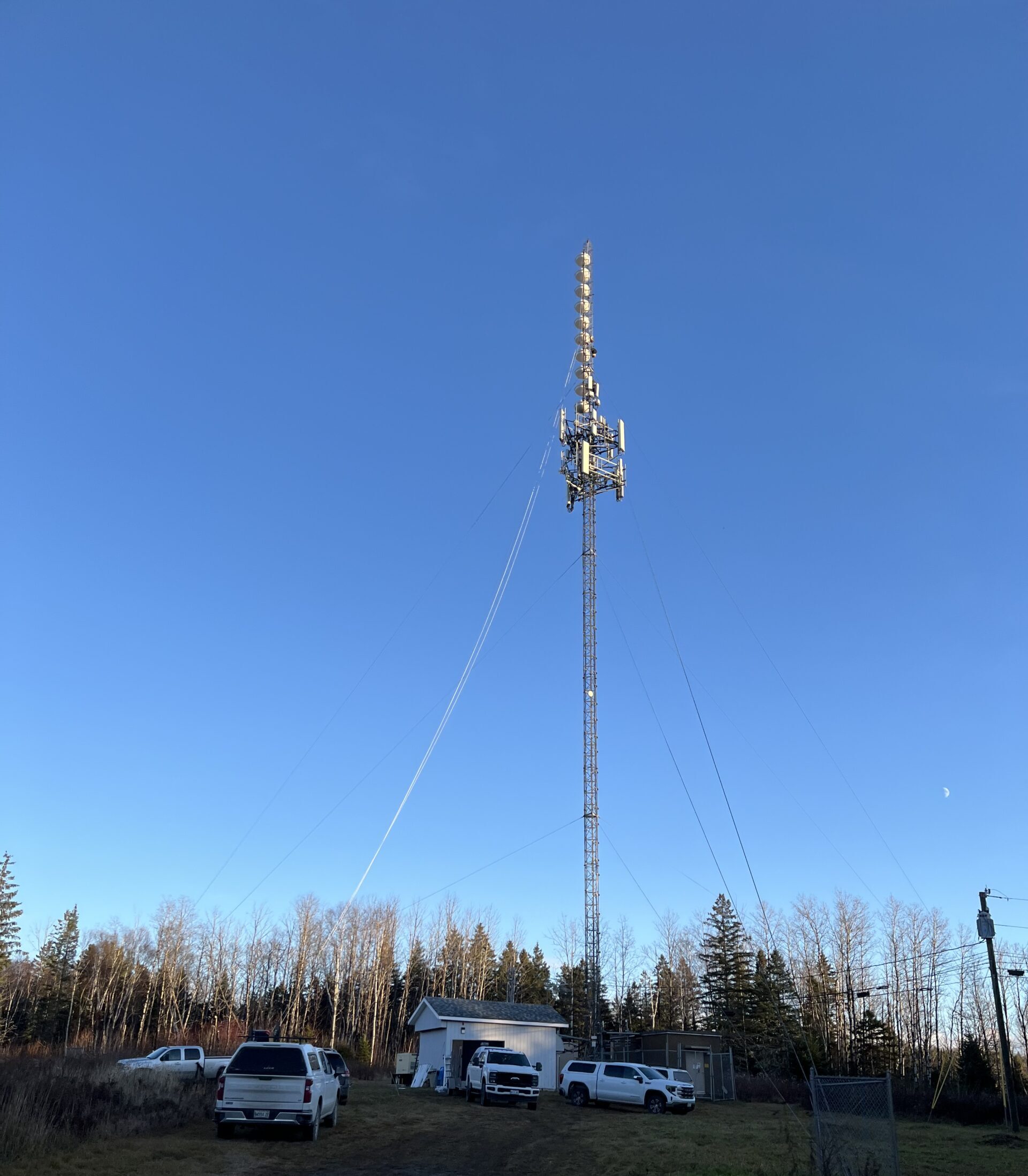
Farm-To-Airways: Harvest Public Media Is Telling the Heartland’s Stories
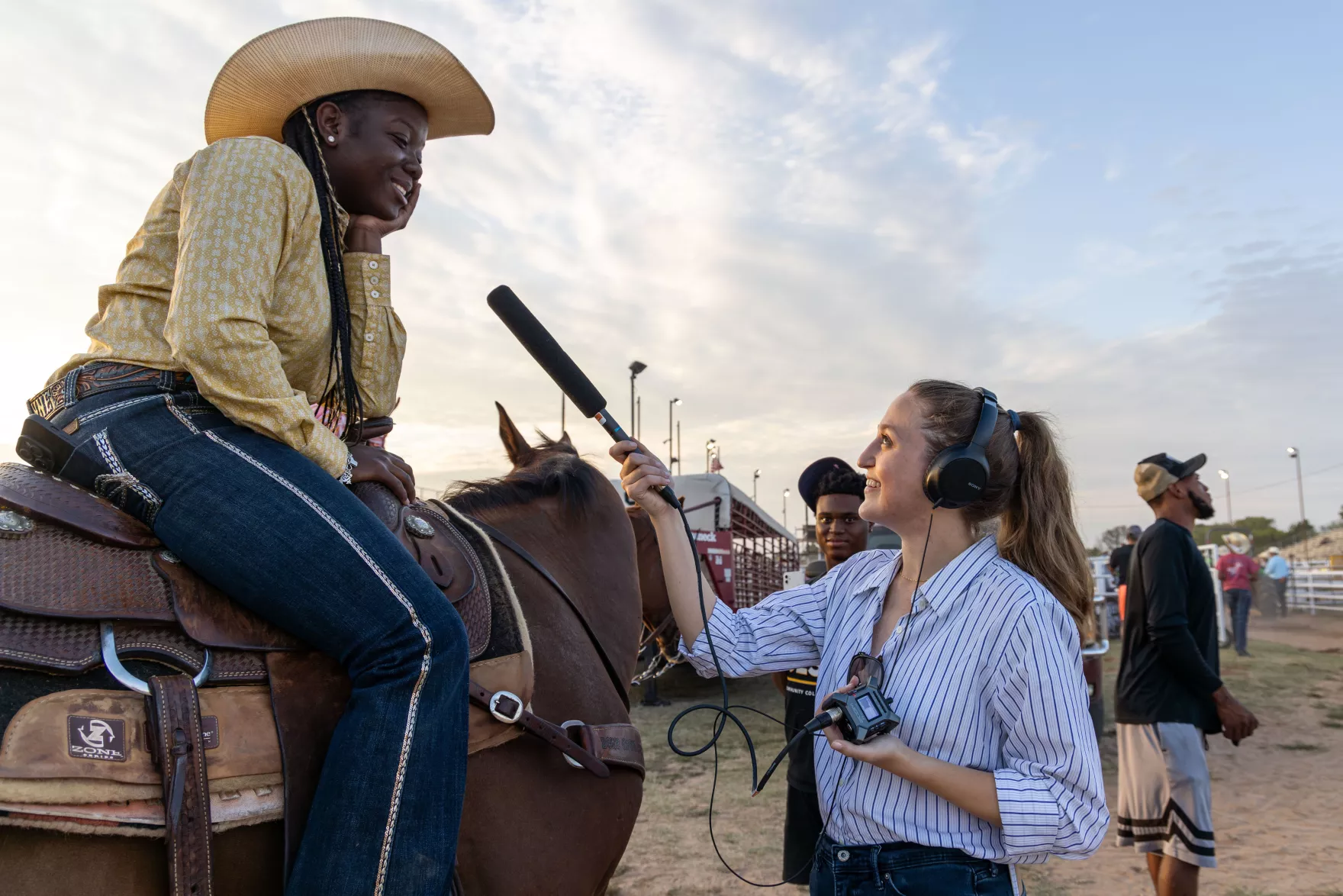
Across Northern Nevada, a One-Woman Station Amplifies Elko’s Voice
